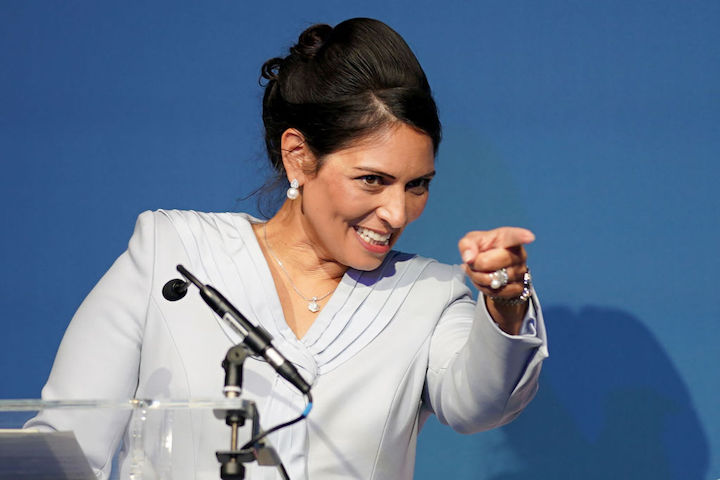As a Labour member and supporter, I feel a certain schadenfreude watching the newly-formed Conservative Democratic Organisation (CDO) take the fight to the Tories. The CDO – set up in response to falling rates of Conservative party membership – appears to be a Tory version of Momentum. It’s certainly making the same mistakes.
In the early days, Momentum was a force for good within the Labour party: I remember seeing its members flooding the streets of Ilford North to ensure the election of Wes Streeting, who was hardly from their wing of the party. It was a movement that attracted idealistic people who shared Labour’s values – not just the Trotskyists of old.
When Corbyn eventually had to move on, Momentum found that it couldn’t
But the movement – which now carps from the sidelines and has no influence on Labour politics or policy – is a shadow of its once powerful self. Is the CDO doomed to follow a similar fate? There are three ways it can avoid the Momentum trap.
Firstly, the CDO must not allow itself to be seen as the vehicle for one, flawed, politician. All political careers end in failure; movements don’t have to. But they will if they become about one person. Momentum was set up out of the machinery of Corbyn’s successful leadership campaign. It could have taken the ideas of that campaign – especially the internal ones about allowing members more say over who represents them and how they have a voice in policy making – and built on them. Instead, it simply became a ‘defend Jeremy’ movement. When Corbyn eventually had to move on, it found that it couldn’t.
Good politicians are essential for political campaigns, but there has to be a recognition that they are there to serve the aims of that movement, not the other way around. If the CDO – which counts Boris ally Priti Patel among its supporters – is seen as only about reinstating Johnson it will never have the longevity to make real change for Conservative members. On its website, the CDO seems, at the very least, to have sympathy for Boris Johnson. It says of the ‘coronation’ that elected Rishi Sunak: ‘Knowing that Boris Johnson, or even Penny Mordaunt in his absence, would win the members’ vote has caused MPs basically to rig the voting process so that neither candidate was put to members for a vote’. This might well be correct, but if the CDO does allow itself to become a vehicle for winning power back for Boris, it will soon find itself in trouble.
Any such discussion about the rights of party members must also include an acknowledgement of their responsibilities. People who join political parties are weird. We care more about politics than the average citizen and we have more radical attachments to policies and politicians. It is our job, though, to find leaders who don’t just appeal to us, but those who can take what we believe, knock it into a more reasonable shape and sell it to voters. Jeremy Corbyn, Liz Truss or a scandal-ridden Johnson do not do that.
Politics is about putting together a winning coalition; that means compromise. Self-indulgence is one of the worst political traits that party members are prone to. Getting just what you want without considering what the country needs is unreasonable when choosing a potential prime minister. You have to think about who could appeal beyond your own group to the country as a whole – even if that means compromising.
Finally, members must learn to work better with internal critics. My recent play Triggered looked at the deselection of a Labour MP. In it there was the line: ‘I already knew who hated me in the Labour party – that’s why we call it a family’. If Tories are honest with themselves, they will recognise this sentiment.
Party members are human. It is tempting to take the option of being flattered by siren voices who tell you that being intransigent and unhelpful is, in fact, principled; and that viciously fighting with colleagues who have a different view makes you a hero. But the more we battle with those with whom we have small differences, the more easily those can – and will – be exploited by those we have larger and more fundamental disagreements.
There is a need to think about how to improve the lot of party members in all parties, moving beyond treating them as leaflet lackeys. But this conversation must be honest in its intent, focused on the long term and grounded in an understanding of what parties exist to do. If CDO fails to do that, it will become as irrelevant as Momentum.






Comments